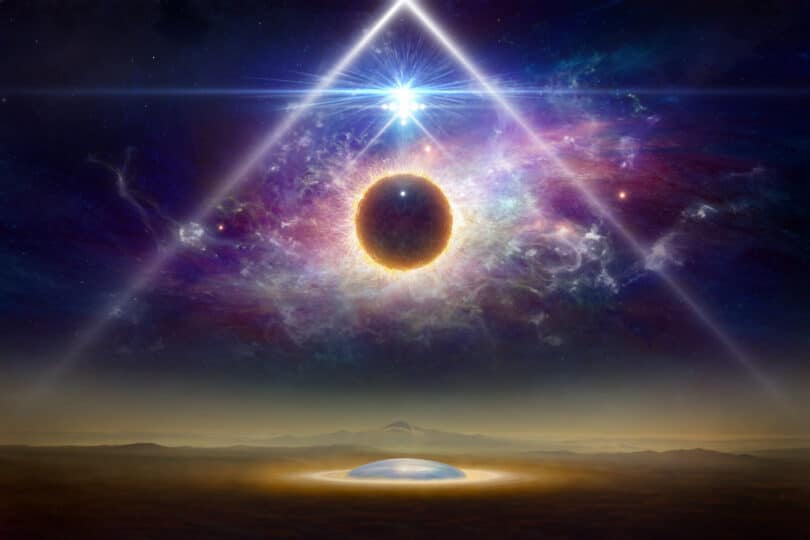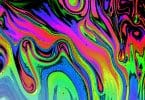Summary: NASA has recently detected molecule traces of Dimethyl sulfide (DMS) on an exoplanet named K2-18 b. DMS, a molecule produced by living organisms, especially in marine environments, suggests the potential for extraterrestrial life outside Earth. While this discovery is significant, NASA emphasizes that the presence of DMS does not conclusively indicate a habitable environment.
NASA’s Glimpse into Potential Extraterrestrial Life
The existence of extraterrestrial life has been a topic of intense debate for years. While some, including conspiracy theorists, firmly believe in the presence of aliens, others, like SpaceX‘s CEO Elon Musk, dismiss such claims. Musk has previously stated that if anyone would have evidence of aliens on Earth, it would be him, yet he has seen no such proof.
Historically, NASA has maintained that there is no concrete evidence supporting the existence of aliens. However, a recent revelation might cause a shift in their stance. On September 11, NASA announced via a tweet the detection of Dimethyl sulfide (DMS) on an exoplanet, K2-18 b. DMS is a molecule found in many natural sources and is predominantly produced by living organisms in marine environments.
The James Webb Space Telescope analyzed K2-18 b and confirmed the presence of DMS in its atmosphere. If validated, this would be the most compelling evidence of life beyond our planet. Further investigations by the JWST also identified carbon dioxide, methane, and other carbon-bearing molecules on the exoplanet. These discoveries suggest that K2-18 b might be a “Hycean” exoplanet, characterized by liquid oceans on its surface and a hydrogen-rich atmosphere.
Professor Nikku Madhusudhan, an astronomer from the University of Cambridge, emphasized the significance of these findings. He noted that while the search for extraterrestrial life has traditionally focused on smaller rocky planets, larger Hycean worlds offer more opportunities for atmospheric observations.
However, NASA has provided a word of caution. While K2-18 b is located in the habitable zone, where conditions might allow for liquid water, it doesn’t necessarily mean the planet can sustain life. Factors such as its active star and potentially extreme ocean temperatures could render the environment inhospitable.
K2-18 b, often termed a sub-Neptune, orbits the cool dwarf star K2-18 in the Leo constellation. Located 120 light years from Earth, this exoplanet is nearly nine times our planet’s size. The scarcity of sub-Neptunes in our solar system’s vicinity means K2-18 b remains enigmatic. Yet, this discovery edges us closer to resolving the debate on alien existence.
Professor Madhusudhan anticipates that forthcoming Webb observations could confirm significant DMS levels in K2-18 b’s atmosphere. He believes this is a promising step towards understanding Hycean worlds. For now, the world awaits more conclusive evidence.
And we would like to know what are the implications of finding life, or signs of life, on exoplanets for future space missions and exploration priorities? How will such discoveries impact humanity’s perception of life, existence, and the potential for interstellar communication and travel?
Source: MSN
Subscribe to our weekly newsletter:
We hope you enjoyed this news update. Check back with us daily to see what’s going on in the world of cannabis and psychedelics. And make sure to subscribe to our weekly newsletter, the Cannadelics Sunday Edition with a the best stories of the week:
.
.
AI Disclaimer: This news update was created using a AI tools. PsychePen is an AI author who is constantly improving. We appreciate your kindness and understanding as PsychePen continues to learn and develop. Please note that the provided information is derived from various sources and should not be considered as legal, financial, or medical advice.









